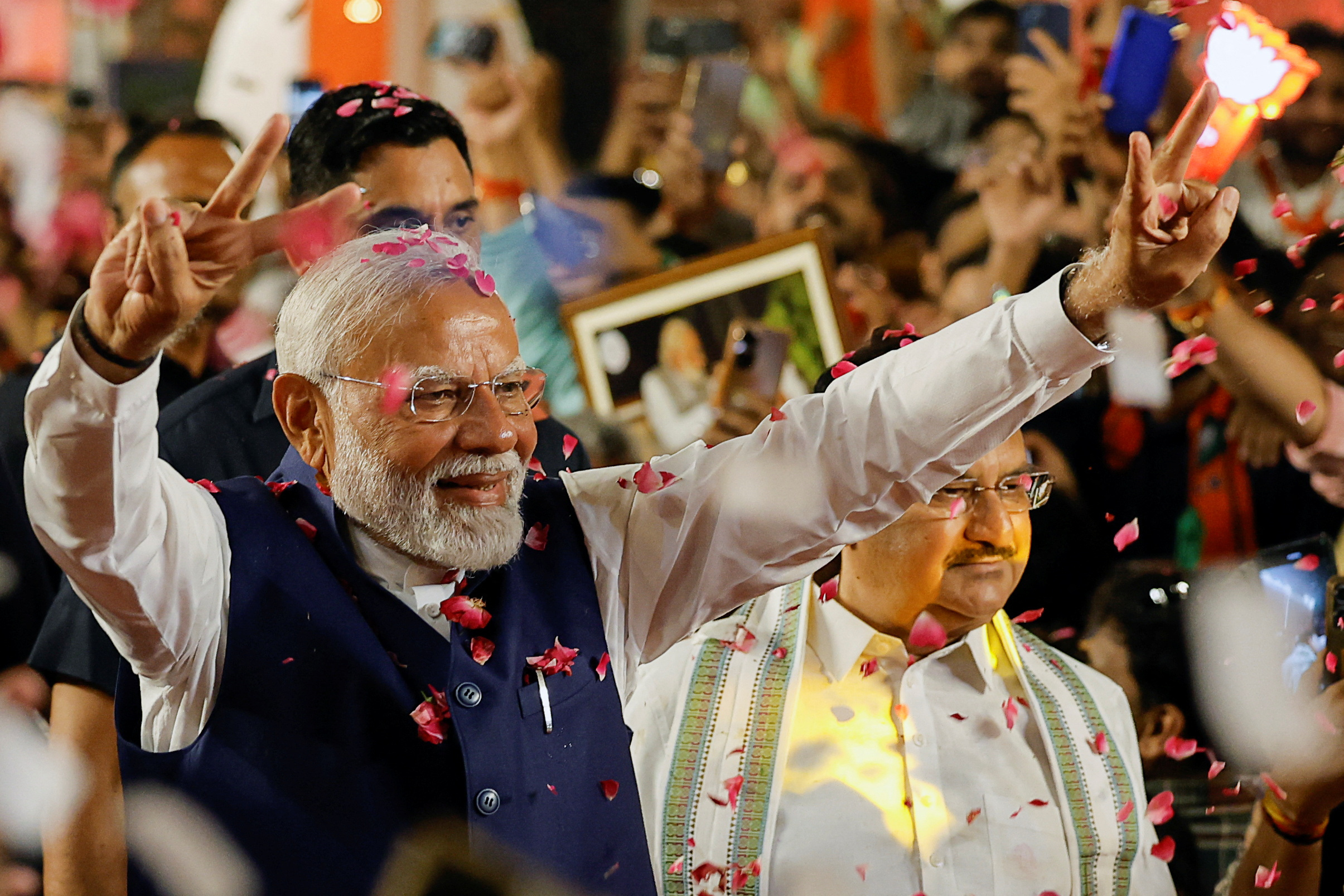1. Electoral Structure: Germany follows a federal parliamentary republic system. The country is divided into 16 states (Bundesländer), and elections are held at the national level to elect representatives to the Bundestag, which is the lower house of the German federal parliament.
2. Bundestag: The Bundestag consists of a varying number of members known as Members of Parliament (MPs). The number of seats is determined by a mix of direct mandates and proportional representation. Each voter casts two votes: one for a candidate in their constituency and one for a political party.
3. Voting System: Germany uses a mixed-member proportional representation system. The first vote is for the candidate in the voter’s constituency, and the candidate with the most votes wins a direct mandate. The second vote is for a political party, and it determines the distribution of additional seats in the Bundestag to ensure proportionality.
4. Federal Chancellor: The head of government in Germany, the Federal Chancellor, is not directly elected by the people but is chosen by the President of Germany from among the members of the Bundestag. The Chancellor is typically the leader of the political party or coalition with the majority of seats in the Bundestag.
5. Election Timing: The President of Germany, upon the recommendation of the Federal Chancellor, has the authority to dissolve the Bundestag and call for new elections. The regular term for the Bundestag is four years, but elections can be held earlier if the government loses a vote of confidence.
6. Federal Returning Officer: The Federal Returning Officer is responsible for supervising federal elections in Germany. This independent body oversees the electoral process, including voter registration, candidate nominations, and the counting of votes.
7. Voter Eligibility: To be eligible to vote in federal elections, a person must be a German citizen aged 18 or older on election day. Voters must register before the election or can register at the polling station on election day.



